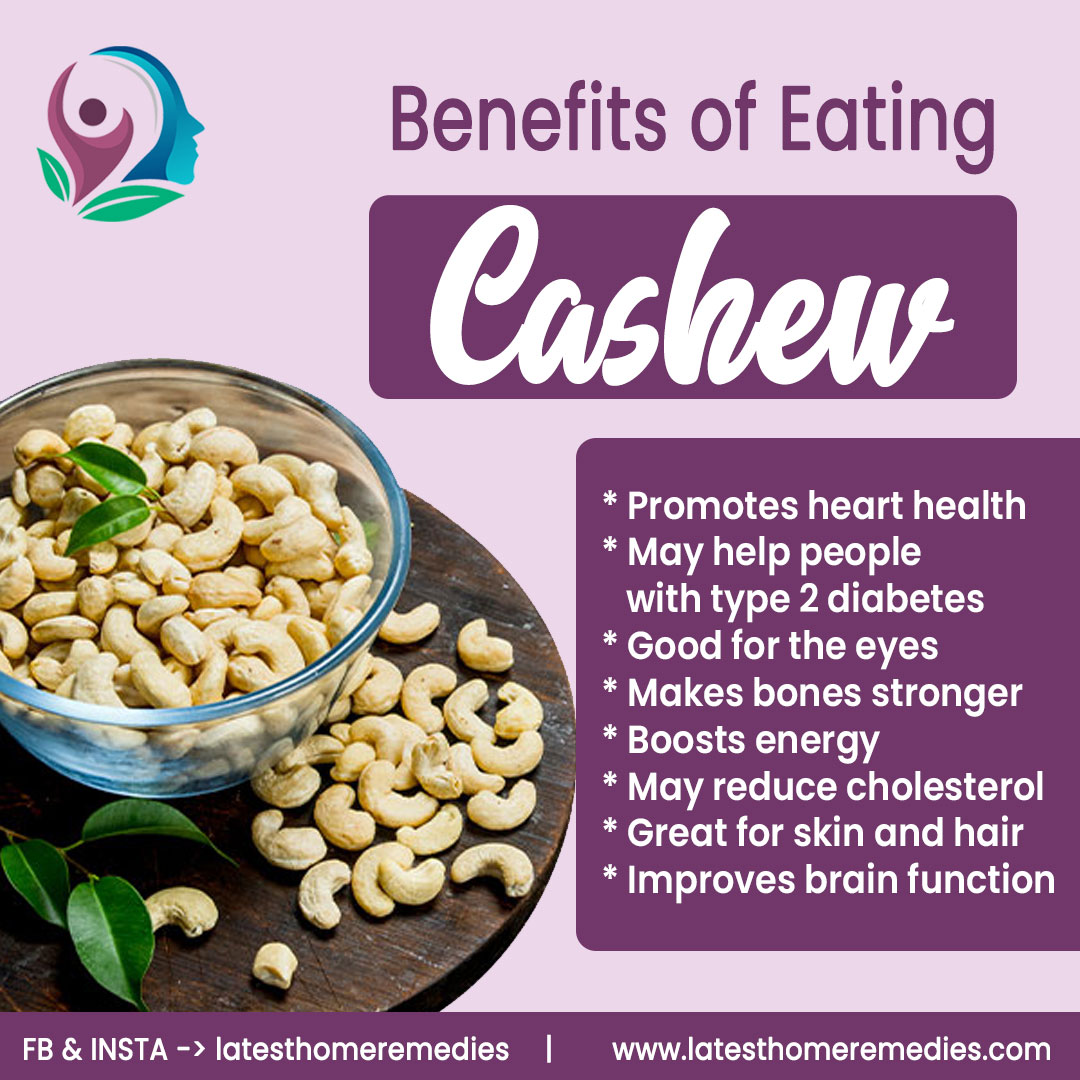Cashews are good for heart health. Cashews are a good source of monounsaturated and polyunsaturated fats, which are known to help reduce LDL (bad) cholesterol levels in the blood. They also contain magnesium, which helps regulate blood pressure and improve blood flow, thereby reducing the risk of heart disease. Cashews are also a good source of antioxidants, which can help reduce inflammation in the body and protect against oxidative stress that can damage the heart and blood vessels.
Cashews may also be beneficial for people with type 2 diabetes. They are a low glycemic index food, which means they do not cause a rapid spike in blood sugar levels. Additionally, cashews contain healthy fats and fiber which can help slow down the absorption of glucose into the bloodstream, further reducing the risk of blood sugar spikes. Studies have shown that consuming nuts, including cashews, as part of a healthy diet can improve glycemic control and reduce the risk of developing type 2 diabetes. However, it's important to consume cashews in moderation as they are high in calories and fat.
Cashews are a good source of several nutrients that are important for bone health. One of these is magnesium, which helps the body absorb calcium and maintain strong bones. Cashews are also rich in copper, a mineral that plays a role in the production of collagen, a protein that helps give bones their structure. Additionally, cashews contain phosphorus, another mineral that is important for bone health. Regularly consuming cashews as part of a balanced diet may help improve bone density and reduce the risk of osteoporosis, a condition characterized by weak and brittle bones.
Cashews are a good source of carbohydrates, healthy fats, and protein, all of which can provide sustained energy throughout the day. The high amount of magnesium found in cashews is also important for converting food into energy. Additionally, cashews contain iron, which is essential for transporting oxygen throughout the body and preventing fatigue. The healthy fats in cashews can also help keep you feeling full and satisfied, which can help regulate blood sugar levels and prevent energy crashes. Incorporating cashews into your diet as a snack or adding them to meals can provide a natural and nutritious boost of energy.
Cashews have been found to potentially reduce cholesterol levels. Cashews are a good source of monounsaturated and polyunsaturated fats, which can help reduce LDL (bad) cholesterol levels in the blood. Additionally, cashews contain phytosterols, which are plant compounds that have been shown to help reduce cholesterol absorption in the gut. A study published in the Journal of Nutrition found that participants who consumed cashews daily for 12 weeks had a significant reduction in LDL cholesterol levels compared to those who did not consume cashews. However, it's important to consume cashews in moderation as they are high in calories and fat.
Cashews are a good source of several nutrients that are important for healthy skin and hair. For example, cashews are rich in copper, which is essential for the production of melanin, a pigment that gives color to hair and skin. Additionally, cashews are a good source of antioxidants, including vitamin E and selenium, which can help protect the skin from damage caused by free radicals and UV radiation. Vitamin E is also important for skin hydration, which can help prevent dryness and promote a healthy, glowing complexion. The healthy fats found in cashews can also help improve skin elasticity and reduce inflammation, which can prevent skin aging and promote a healthy scalp. Incorporating cashews into your diet as a snack or adding them to meals can provide a range of nutrients that promote healthy skin and hair.
Cashews may also improve brain function due to their nutrient content. Cashews are a good source of magnesium, which is important for regulating neurotransmitter function and promoting healthy brain activity. They also contain vitamin B6, which helps produce neurotransmitters such as serotonin and norepinephrine that are involved in mood regulation and cognitive function. Additionally, cashews are a good source of protein, which can help provide the brain with the amino acids it needs to produce neurotransmitters. The healthy fats found in cashews can also help improve cognitive function and protect against age-related cognitive decline. Eating cashews regularly as part of a balanced diet may help support healthy brain function and cognitive performance.


